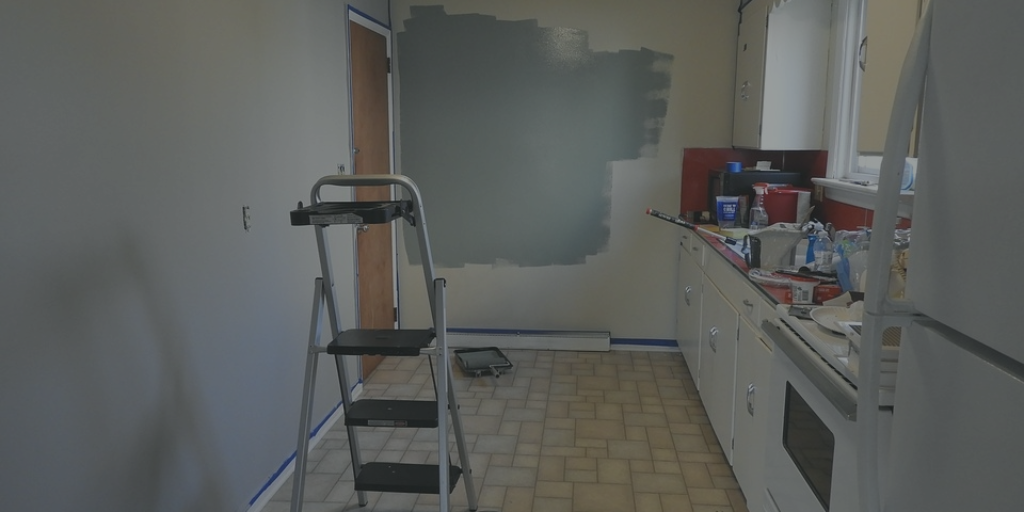
Common Mistakes Investors Make when Selling their Flips
The time has come to sell your flip. Months of hard work and hundreds of thousands of dollars on the line and now it’s time to cash out. Too many investors make simple mistakes that can end up costing them big. Here are a few of the most common.
1) You choose an FHA offer that cannot qualify for the loan.
Many investors are not aware that FHA has a “90 day rule”. This means that an FHA loan is not eligible on a property that has been owned for less than 90 days (from the time the investor purchased the property to the time a contract is executed). If you bought the home 60 days ago, spent 30 on the rehab and you have been on the market for 30 days, you still have a month to go before you are able to accept an FHA buyer. Many investors don’t know this and unfortunately it doesn’t always come to light until you are a few weeks in to the transaction. Creating a lot of frustration, lost time and lost money on wasted carrying costs.
2) You won’t appraise
Many investors think that as long as their house is stunningly beautiful, turn key and ready to go that everyone will see the value in it. Well that’s not reality. The truth is, you have to sell your house twice. Once to a buyer (which can be the easiest part) and a second time to an appraiser. An appraiser is going to be a slave to the comps. They have very rigid guidelines on adjustments they are able to make for improvements and renovations. Often times that value will be much less than the value yourself and a buyer will put on those upgrades. If you are way over the nearest comps in the neighborhood, you should be sweating, because this could turn in to a problem and it likely won’t happen until you are 2-3 weeks into the deal.
- Here are a few tips to overcome the appraisal blues:
- Put together a concise list of upgrades to give to the appraiser and don’t leave anything out. Having information on the cost of the rehab can help as well.
- Make sure to mention the things that you can’t see. If you have a new roof, plumbing, HVAC system, etc. It may not be a line item on the appraisal but it could factor into his overall adjustment for improvements
- Don’t be afraid to share the comps you think should be used with detailed explanations why. Many appraisers are less familiar with the area than you because they work in a huge geographical space. If you know the subtle nuances and pockets of your neighborhood, make sure that is clearly presented so the appraiser is using the right comps in the right area.
3) Failure to perform on the contract
Contracts in Texas are promulgated forms generated by the Texas Real Estate Commission and the Texas Association of Realtors, but they do not include EVERYTHING that you may need to deliver to the buyer.
For example, if you are in a MUD (Municipal Utility District), a Statutory Tax District or a Public Improvement District, there is an additional disclosure form that must be delivered to the buyer prior to executing the contract. If you give it to them the day after you execute, they could have an “out” up until the day of closing to back out and get their earnest money back. Other documents must be delivered in a timely manner or you could be left exposed. Some of those are the seller’s disclosure, HOA documents, Survey and T-47 affidavit
4) Permits
If you or any other previous owner has opened permits without closing them, the buyer can do a quick search to see that. Open permits can be a huge red flag for a buyer that you don’t want to have to deal with. Do a search prior to purchasing the home and make sure any permits you have are not left open.
5) Finish your punch list
The buyer may not catch everything, but likely their inspector will. Trust me, the buyer is going to think all of those unfinished items are much more expensive then they actually are. The last thing you want is to pony up more money then you have to on ticky tacky items that should have been done before you hit the market. This also calls in to question the workmanship of the work. Buyers are often times very weary of “flips” because of the horror stories they hear. You want the inspector giving them positive vibes rather than a 40 page report of stuff that needs to be fixed.
6) Failure to properly complete repairs
Cities, counties, municipalities and mortgage lenders have different regulations on who should complete repairs. The purchase contract also specifies certain repairs need to be done by licensed professionals. Many lenders will require documentation showing the repairs were completed by the right people. If you use a crew that is not properly licensed or certified to do plumbing or electrical work then you could get bit in the 11th hour and either cause delays, have to fork over more money or even in extreme cases, kill the deal.
It is virtually impossible to encapsulate every issue that could arise, but these are certainly some of the most common issues. Hopefully this helps you cash out and make the most out of your flip without having to fork over extra money down the home stretch.
Related Posts
Selling a House Without a Realtor: Hidden Costs & Risks
When homeowners consider the risks of selling a house without a realtor, they often focus solely on potential commission savings. However, FSBO homes sold for a median of $380,000 in 2024, compared to $435,000 for…
Do You Need a Realtor to Sell a House?
The latest data from the National Association of Realtors shows that 90% of home sellers use agents, but this raises an important question: Do you need a realtor to sell a house? While the majority…
2025 Texas Real Estate Housing Report: Market Trends, Prices, and Forecasts
The Texas real estate landscape continues to evolve as we move through 2025, presenting both opportunities and challenges for buyers, sellers, and investors across the Lone Star State. This comprehensive 2025 Texas Real Estate Housing…




